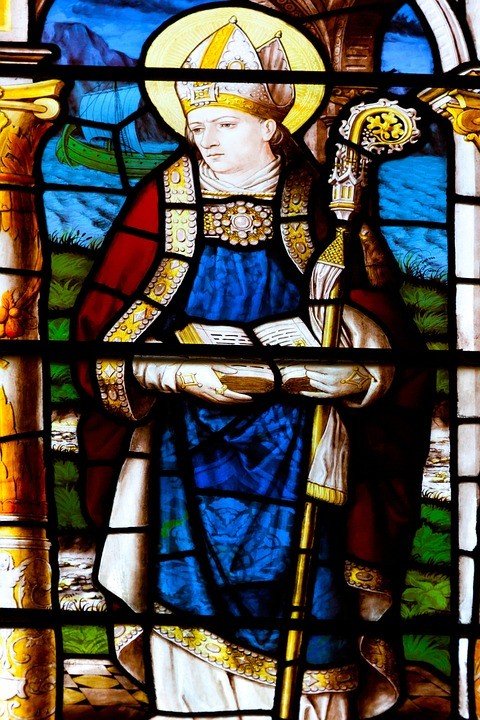
New research published in Nature Letters in March shows that complex societies nearly always precede the worship of moralizing gods.
Over a hundred years ago, Emile Durkheim sought to identify the social origins of religious thought, which he viewed as a source of unity and consensus within or, more likely, for a community.

Robert Bellah came along in the 1960s and, again, as recently as 2011 with his ideas of the evolution of religion within human societies, borrowing much from Durkheim as well as Max Weber, who’s socio-evolutionary view of religion describes societies as moving from magic and animism through polytheism to a final monotheistic form.
Bellah, drawing from both, described the evolution of societies from archaic forms where rituals initially centered around leaders like a king, to complex societies that allowed religions to develop into those with rituals designed to appease deities. This is, of course, an extremely condensed and blunt characterization of Bellah’s work. The book he published in 2011, Religion in human evolution : from the Paleolithic to the Axial Age, is 784 pages long!

The larger point, however, is that the notion that development of complex societies is related to the development of religious thought is far from new. What the authors of the Nature Letters study have done different, though, is include statistical data from Seshat: Global History
Databank, “a repository of standardized data on social structure, religion, and other domains for hundreds of societies throughout world history,” to obtain some very interesting results.
They coded the records of 414 societies from around the world for the past 10,000 years. To this they applied “51 measures of social complexity and 4 measures of supernatural enforcement of morality.”
Shaken—not stirred—the result was a martini of social evolution with moralizing gods that nearly always follow large increases in social complexity.
Contrary to previous predictions, powerful moralizing ‘big gods’ and prosocial supernatural punishment tend to appear only after the emergence of ‘megasocieties’ with populations of more than around one million people.
Whitehouse, et al 2016

The first society that the authors note the appearance of moralizing gods was with the Second Dynasty of Egypt (c. 2800 BCE) where the concept of Maat (order) shows up. They continue to track the appearances of moralizing gods following complex societies in Mesopotamia, Anatolia, China, etc.
So why is this important?
The authors point out that their work shows that belief in moralizing gods is not at all a prerequisite to allow a society to expand into a higher level of complexity. Also, the data could show that a significant increase of ritual behavior within a smaller society might make it easy for large-scale collective identities to be founded prior to beliefs in moralizing gods.
Thus, when it comes to the initial rise of social complexity, how
Whitehouse, et al 2016
you worship may ultimately have been more important than who you
worship.
Further Reading
Whitehouse, Harvey; P. François; P. Savage; et al (2019). Complex societies precede moralizing gods throughout world history. Nature Letters, 1476-4687, 20 Mar 2019. https://doi.org/10.1038/s41586-019-1043-4
Bellah, Robert N (2011). Religion in Human Evolution: From the Paleolithic to the Axial Age. Belknap Press, Cambridge, MA.
Bellah, R. (1964, June). Religious Evolution. American Sociological Review, 29(3), 358-374.
Durkheim, E. (1961). The Elementary Forms of Religious Life. New York: Collier Books.
May not be required to expand to a higher level of complexity, but sure works wonders for maintaining control in large complex societies for a long, long time after they have reached that point.